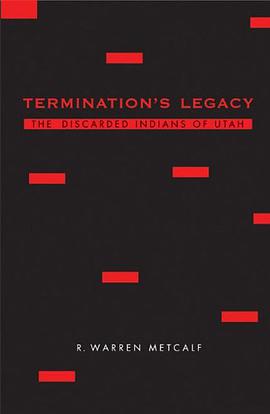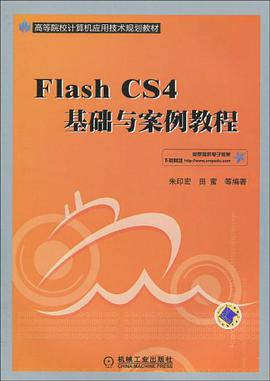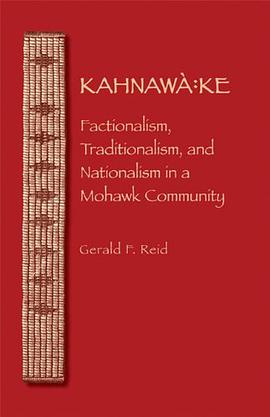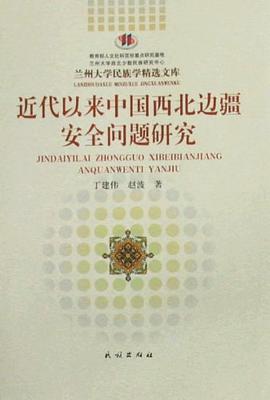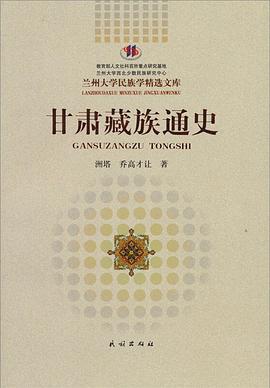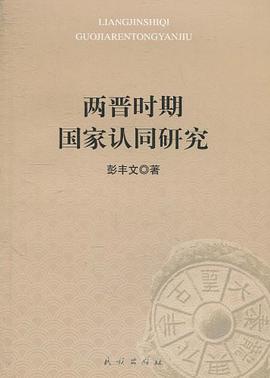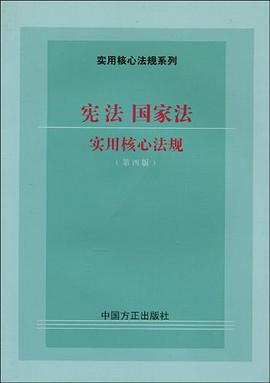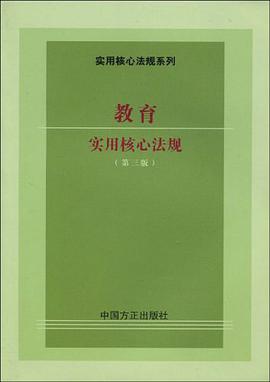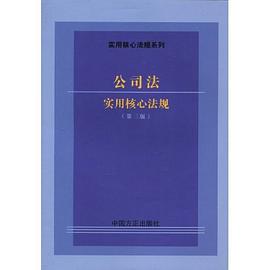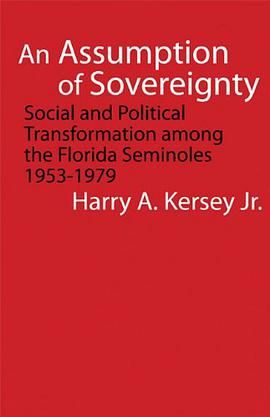

具体描述
In the early 1950s the very existence of the Florida Seminoles was in jeopardy. Mired in poverty, poorly educated, underemployed, and without a tribal government, they also faced the possibility that the U.S. Congress would terminate services to them. Fortunately, loss of reservation lands was averted and the situation began to improve. When the federal government approved a charter and constitution for the tribe in 1957, it marked both the official resumption of tribal sovereignty after more than a century and the first agreement that did not force removal of the Seminoles from the reservation. An Assumption of Sovereignty continues Harry A. Kersey Jr.'s examination of Seminole history. He studies the effects of shifting governmental attitudes and policies on the Florida Indians during the past quarter-century. He also charts the social, economic, and political experiences of the tribe during these volatile decades. By the end of the account, readers understand that the Seminole tribe has become organized, functioning, and sovereign, with a stable economic base.The author has made extensive use of oral history from tribal elders as well as the memoirs and records of Florida congressional leaders. Harry A. Kersey Jr. is a professor of history at Florida Atlantic University. He is the author of The Florida Seminole and the New Deal, The Seminole and Miccosukee Tribes: A Critical Bibliography, and Pelts, Plumes, and Hides: White Traders among the Seminole Indians, 1870-1930.
作者简介
目录信息
读后感
评分
评分
评分
评分
用户评价
相关图书
本站所有内容均为互联网搜索引擎提供的公开搜索信息,本站不存储任何数据与内容,任何内容与数据均与本站无关,如有需要请联系相关搜索引擎包括但不限于百度,google,bing,sogou 等
© 2026 book.quotespace.org All Rights Reserved. 小美书屋 版权所有


